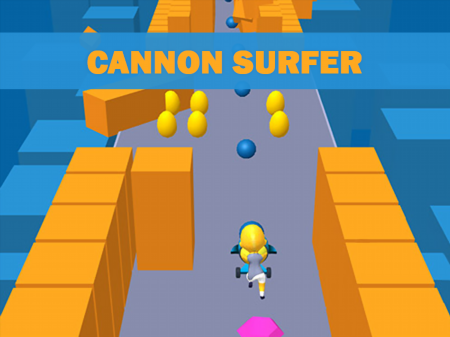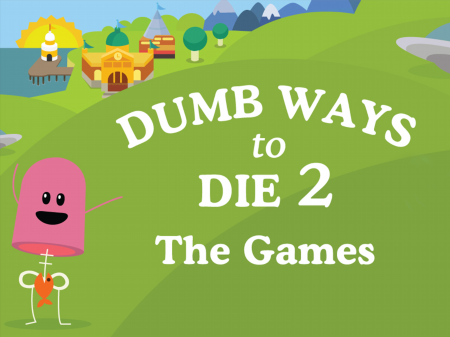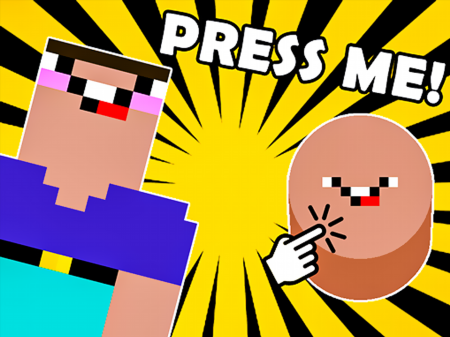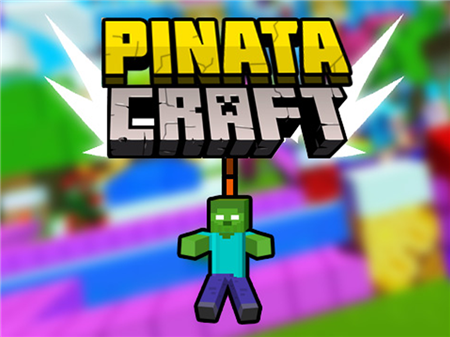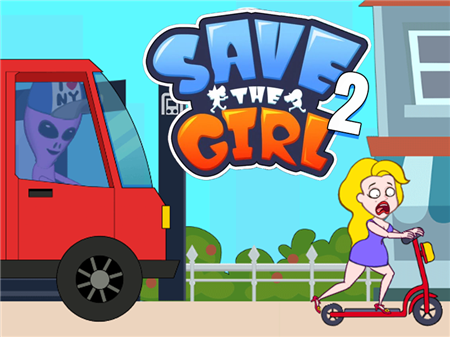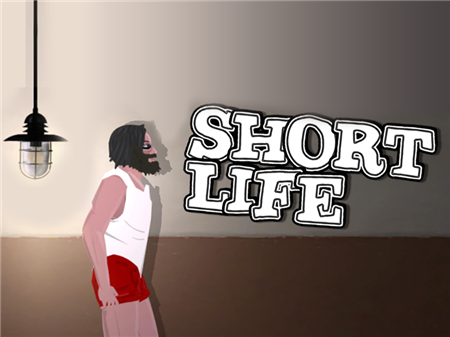Oddly enough, computer games will help you relax after a hard day's work. In the process of passing levels or performing virtual tasks, the human brain automatically switches only to strategy, and all household and work moments go by the wayside. Modern developers develop a fairly large number of different versions of games for different tastes.
The first interactive games were invented relatively recently, in 1948, by an American physicist. On special devices, it was possible to play shooting range or tennis. After 70 years, the classification has grown significantly. Now, there are the following types of games:
- Quests or passing obstacles by a controlled character;
- Role-playing games (creation by the main character of a certain situation that they live in. The development of events depends on the player);
- Action (for example, shooters).
This is the main classification, which is the most common. But logic games are no less attractive.
All research on the topic of games almost always rests on a child's game, but everything is more or less studied and clear there. Children, when playing, master the skills of adult life, try on the suit of the mind on the body of instincts, and socialize. With age, the pedagogical role of games fades away. To comprehend the world around you at a complex level, you can't get by with games. People who grow up have to gradually reduce the game component and move on to direct processes. But the enjoyment of gaming does not disappear.
However, there is another use for games in adult life. A surge of accumulated energy is like sublimation, only in a broader sense. Moreover, the game gives us pleasure at any age. Mostly by playing, we gain the skill to play even better. But there is also a psychological relief. We are not just psychologically unloading from problems — we are psychologically unloading from the whole real world.
Games on a smartphone or tablet are the first thing that comes to mind when you need to keep a child busy or kill boredom in transport. Many perceive such entertainment as a waste of time and blame themselves if they are distracted by applications at work or stuck at home. But research shows that sometimes, games are more relaxing than mindfulness programs, and they also develop brain plasticity and new skills.
Studies show that those who played after work for five days felt more relaxed and better distracted. Games affect pleasure areas of the brain, such as the striatum, which is associated with reward expectation and is involved in habit formation. Players also produce the “happiness hormone” dopamine (its decrease is a sure way to chronic stress). In addition, researchers have found that game-assisted recovery improves the ability to cope with daily challenges and reduces fatigue.
Oddly enough, games not only do not kill productivity but, on the contrary, increase efficiency. Being distracted by the game, the brain begins to "wander" and works in the background, which then helps to unexpectedly find a solution for work tasks. Browser Funny Games are a great way to have a good time for kids and adults. You need to rest properly, and games can help with this.

